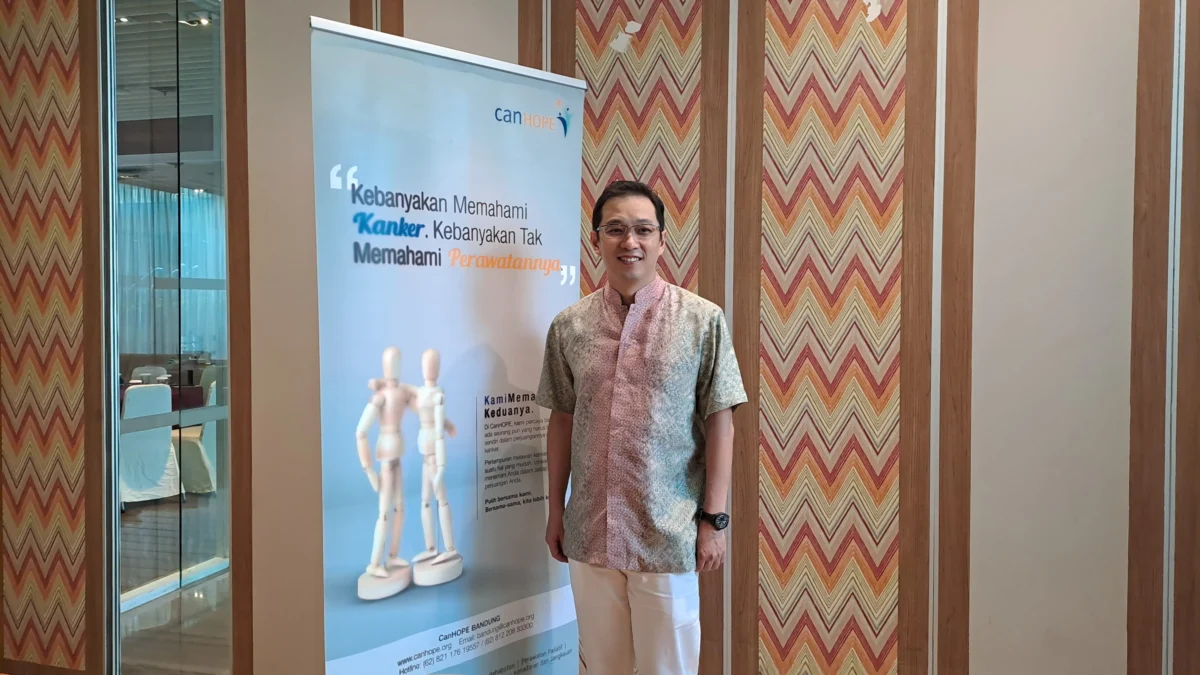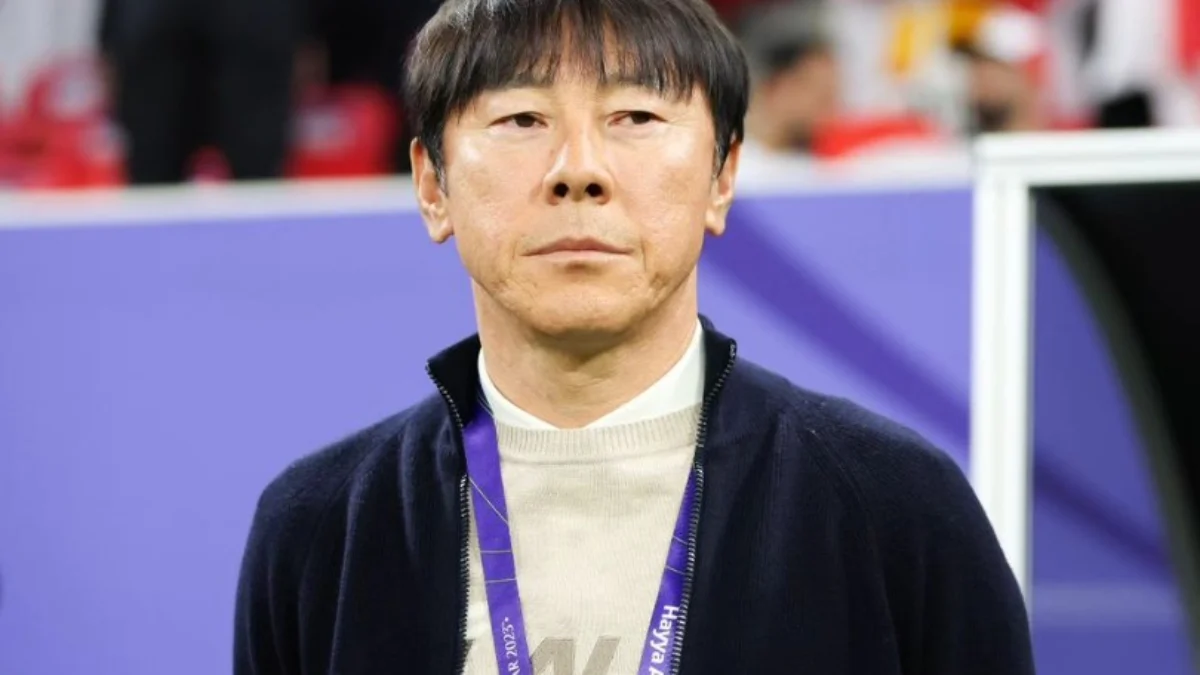JABAR EKSPRES – Indonesia promotes a flexible approach to digitalization as a form of support for the three priority issues in the digital field discussed in the Digital Economy Working Group (DEWG) of the G20 India.
The three priority issues are Digital Public Infrastructure (DPI) for Digital Inclusion and Innovation; Building Safety, Security, Resilience and Trust in the Digital Economy; and Digital Skilling for Building a Global Future Ready Workforce.
“Indonesia encourages the utilization of domestically-focused DPI, without ruling out the possibility of developing cross-border DPI,” Minister of Communication and Information Budi Arie Setiadi said in a statement received by Indonesia Window here on Monday (8/21).
Read more: Marquez Satisfied with Honda’s Progress in Austrian MotoGP
The flexibility approach in DPI is considered by Indonesia as a step so that each country can develop its digital public infrastructure according to their needs, conditions, and level of economic development.
Furthermore, for the second priority issue on security to support the resilience of the digital economy, Indonesia fully supports the issue to get a solution.
Budi said a similar issue had also been discussed by Indonesia when it chaired the G20 Indonesia 2022.
“Indonesia collects practices from many G20 Members regarding digital security which is a key factor in supporting business continuity, especially for Micro, Small and Medium Enterprises (MSMEs),” he said.
Then for the third issue regarding digital talent development, Indonesia also welcomed India’s proposal to compare digital talent skills between countries.
This is in line with Indonesia’s vision in creating digital talent to succeed in accelerating national digital transformation.
In addition to using a flexible approach, Indonesia is committed to regularly presenting comprehensive digital skills development programs for the community.
“All digital HR preparation programs are carried out in collaboration with various stakeholders from academia, industry players, civil society organizations, and related government agencies,” Budi said.






